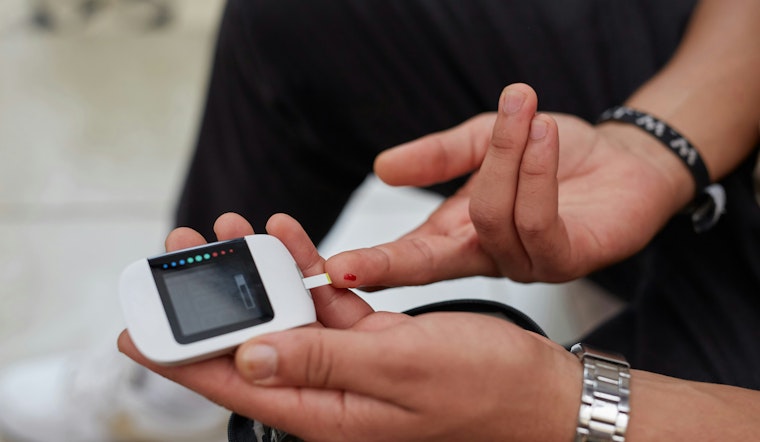
In a bid to rein in the spiraling costs of preventable diseases like Type II diabetes, which suck up nearly a third of the U.S.'s whopping health care bill, a group of researchers from Texas McCombs have cracked the code on how to better allocate resources and possibly save billions of dollars. Currently, healthcare providers rely on a rudimentary charting tool to decide who gets enrolled in preventive care for diabetes—leaving much to be desired in terms of accuracy and cost-effectiveness.
Step into the spotlight, artificial intelligence. According to a recent study, as featured by Texas McCombs, an AI-driven model developed by professor Maytal Saar-Tsechansky and collaborators can predict which of the 98 million American adults at risk could benefit from treatments like metformin, which while helpful, aren't particularly cheap.
It's about getting smarter with the funds at hand. Insurers and healthcare facilities strapped for cash have often wrestled with how to allocate them to the patients they can help the most. Using a treasure trove of data including body measurements and drug prescriptions, Saar-Tsechansky's model showed a 25% boost in preventing the development of Type II diabetes over the traditional risk scoring methods, which has been beneficial when applied to a dataset from a health insurer seeking to improve diabetes preventive care.
Apart from the increase in health benefits, the economy beckons. The AI model could save a staggering $2.9 million more per 10,000 patients compared to the standard methods—the kind of money that could lighten the load on America's already groaning healthcare budget. "By enabling data-driven and cost-effective allocation of resources, this approach is instrumental in making preventive care more impactful," Saar-Tsechansky told Texas McCombs.
But the effects of this AI invention wouldn't just stop at diabetes. The study suggests that the approach could help ward off respiratory diseases and cardiovascular disease, the top killers in the U.S. And that's not all—the model hints at a future where individual patients' care is fine-tuned to their specific risk factors, leading to more precise and effective interventions, ultimately decreasing the odds of diseases taking root. "It suggests future preventive care could be more tailored to individual risk factors, increasing the effectiveness of interventions and potentially reducing the likelihood of disease onset," Saar-Tsechansky said.









